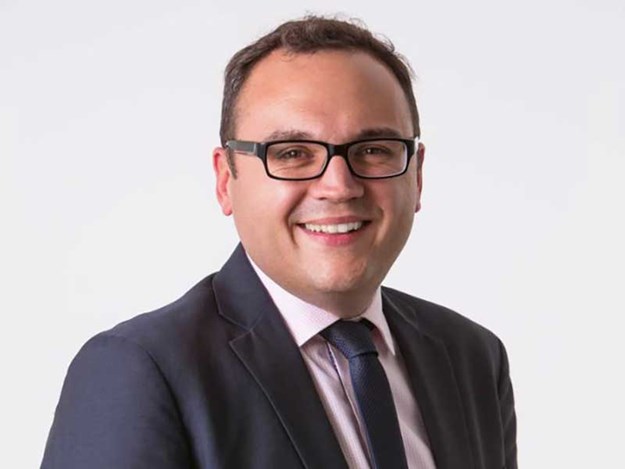A month is a long time in politics and with the general election moved from 19 September to 17 October, we are seeing more of the impacts of the response strategy the Government has adopted to Covid-19.
Nick Leggett, CEO, Road Transport Forum.
That response strategy will impact our economy for years to come. I acknowledge we are not alone in that, but this is our general election and we are voting on the situation here.
Asking questions about the development and implementation of the Covid-19 response strategy, and whether or not there is a recovery strategy, should not be seen as an attack or criticism of the current Government, rather as our democratic right.
We cannot go into a general election without asking questions of all the parties and candidates putting themselves up for election, or we come perilously close to being like countries I never thought we would be compared to.
New Zealand has adopted a worrying tone against those who ask questions of the current Government regarding Covid-19, but we must be able to have open debate and all remain friends.
This is an election like no other in most of our lifetimes, for those of us born post-World War 2. How we face Covid-19, particularly if there is never a cure or vaccination to prevent it, will shape the country for years to come.
The Road Transport Forum has put together an Election Manifesto – highlighting areas the road freight transport industry wants to see progress on by the next Government to enable the supply chain to operate at its best.
We put forward four questions to the five main parties and they have supplied written responses you can read on our website. They cover Covid-19 and the economy, workforce, the environment, and the moves to legalise recreational cannabis use that will be voted on in via a referendum as part of the voting process.
We urge you to read these responses from Labour, the Greens, New Zealand First, National and ACT, and continue discussions with your local candidates.
The RTF has been quite vocal about the Covid-19 response so far where it intersects with the supply chain. We thought the full Level four lockdown was bad, but then came Level three for Auckland only with a hard border to the north and south.
If the Government is learning as its go – that’s what the politicians say, anyway – they still have a lot to learn about how ports work, how goods are exported and imported, and generally, how the supply chain works. The problem is, they don’t seem to want to listen to people in the private sector who could sort a lot of issues out very quickly with their knowledge and expertise.
Pretty much everything you need, every day, comes to you on a truck. In fact, 93 percent of freight in New Zealand travels by road. We’ve seen the value of that as people have retreated to their homes in fear of Covid-19, or under Government instruction, and had everything delivered door-to-door.
To keep our economy moving we must have good roads. We are concerned that while there has been a lot of talk about building roads as a means to boost the economy, we don’t believe there is the capability to contract and manage such projects within the workforce. With our border closed indefinitely, how are we going to get the people needed to get these projects underway?
Many sectors are concerned about not being able to get people with the right expertise into the country to enable their businesses to keep running. This too, will have a significant economic impact if the primary sector, for example, can’t get people in to help with seasonal work and harvests.
With international tourism off the map, it’s our primary products we rely on to generate an income – dairy, meat, wood, fruit, wine and fish.
It will be very important for the supply chain moving forward that New Zealand doesn’t yo-yo in and out of highly restrictive Covid-19 response levels and that the Government comes to the party on letting skilled workers into the country. We also need to see progress on border management that allows for movement to keep our economy going, and preferably growing.
A lot of businesses are limping along and it feels like there is no end in sight. We cannot accept that. There must be a plan and there must be consultation with real experts on that plan; not a whole lot more people at the top.
Now is the time to ask your questions of those who will shape our future for the next three years.


Parting words from Jeremy Sole- a final column